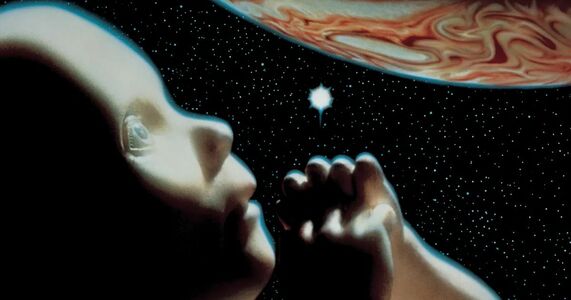Essence is the fundamental nature or underlying quality that makes something what it truly is. It is the set of attributes or characteristics that define the true nature of an object or being, without which it would not be what it is.
In philosophy, essence refers to the intrinsic, unchanging properties that give an entity its identity and purpose.
For example, the essence of a tree might be described as its role in nature to grow, provide oxygen, and support ecosystems. Without these qualities, it would not be considered a tree.
In the context of human beings, essence might involve the idea of a soul, consciousness, or unique purpose that shapes one's identity.
Philosophers like Plato believed that essence was an ideal form or blueprint that existed beyond the physical world, while existentialist thinkers like Sartre argued that essence is created through lived experiences and choices.
The question of whether existence precedes essence or vice versa is one of the great philosophical debates that has influenced the way people think about purpose and identity.
After Plato, the idea was explored by the philosopher Jean-Paul Sartre. He believed that existence precedes essence, at least for human beings.
In simple terms, this means that humans first exist, are born into the world without predetermined purpose or essence, and then, through choices and actions, define who they are. This perspective emphasizes freewill and responsibility of individuals to create their own meaning and values in life.p
On the other hand, some philosophical and religious traditions argue that essence precedes existence. This view suggests that there is an inherent nature or purpose that exists before one is born.
In many religious beliefs it’s thought that each person has a soul or divine essence given by a creator, implying that a purpose or meaning is embedded within them even before they begin to experience life. This essence provides a guiding light to their existence, shaping their path and choices according to a preordained nature or destiny.
Considering the question from an existentialist standpoint encourages people to look at life as an open field where purpose is not handed down but carved out through decisions, experiences, and relationships. It places the power of meaning-making firmly in human hands, suggesting that life’s value is determined by how we live it.
In contrast, those who view essence as preceding existence tend to see life as part of a larger, purposeful plan, where each life is meaningful because it fits into a greater scheme that transcends individual choice.
Whether existence or essence comes first influences how people see their purpose in life, make decisions, and relate to others.
If existence comes first, then each moment is an opportunity to create, redefine, and reshape what one’s life means. If essence comes first, then life is about aligning with a greater purpose that has already been set, discovering and living out what was meant to be.
The question invites us to ponder who and what we are, how we become that person, whether through conscious acts of will, or by fulfilling something inherently present within us.

